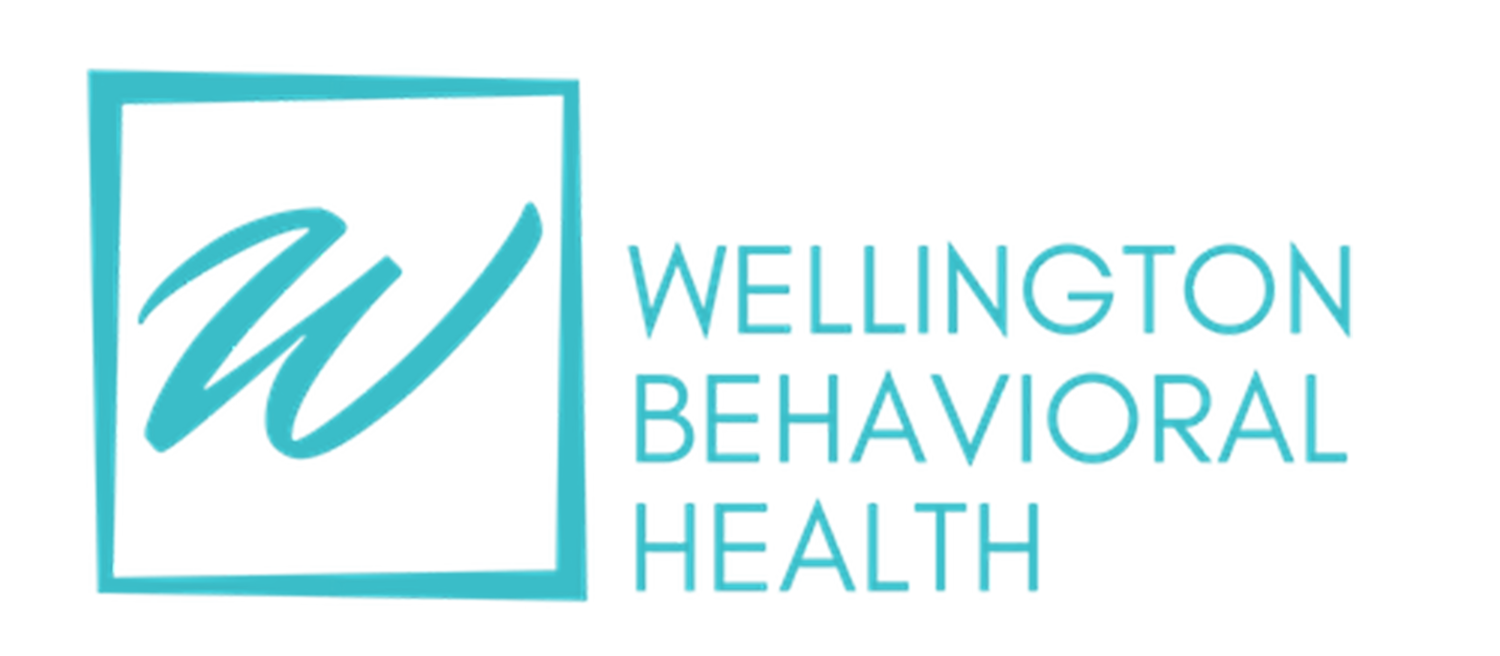It’s no surprise that a recent study found that anxiety and stress due to COVID-19 have been linked to negative body image issues, including both body dissatisfaction and a desire for thinness among female participants. Considering that negative body image plays a role in the development of eating disorders, it’s safe to say, then, that fears around COVID-19, as well as the consequences of restrictions to temper the spread, have led to an increased prevalence of eating disorders and disordered eating as well as other serious mental health issues.
With these thoughts in mind, now seems like the perfect time to discuss eating disorder warning signs as well as the upcoming National Eating Disorder Awareness Week, which is hosted by the National Eating Disorder Association (NEDA).
Eating Disorder Warning Signs
It’s important to be aware of the warning signs of an eating disorder, as the sooner the mental health condition is detected and identified, the higher chance there is for recovery. Some common symptoms of eating disorders include:
Fluctuations in weight, both up and down
Preoccupation with weight, food, calories, etc.
Strict food restrictions and/or food rituals
Skipping meals or avoiding eating around others
Withdrawal from friends and activities
Extreme mood swings
Stomach cramps or other gastrointestinal issues
Irregularities related to their menstrual cycles
Often feels cold
Trouble concentrating
Dizziness or fainting
Sleeping problems
Dry skin and hair as well as brittle nails
Dental problems, such as enamel erosion, cavities, teeth discoloration, and teeth sensitivity
Self-esteem directed related to body image
In addition to the list above, warning signs specific to anorexia nervosa include:
Dresses in layers to hide weight loss and/or stay warm
Makes comments about feeling “fat”
Unable to maintain appropriate body weight for their age, height, and body type
Follows an excessive and rigid exercise schedule
Possible symptoms of bulimia nervosa include:
Evidence of binge eating, such as the disappearance of large amounts of food in short periods of time
Evidence of purging behaviors, like frequent trips to the bathroom after meals, signs of vomiting, and use of laxatives and/or diuretics
Excessive drinking of water or use of mouthwash, gum, and mints
Calluses on the back of hands from self-induced vomiting
Remember that no two eating disorders are alike. Someone struggling won’t have all of these symptoms, and the warning signs that do present themselves may not fit neatly into one category or the other. Rather, the lists above offer an overview of problematic behaviors that may indicate a bigger issue.
National Eating Disorder Awareness Week
Mark your calendars! National Eating Disorder Awareness Week will take place from February 22nd through 28th. The goal of this movement is to support those affected by eating disorders, to spread a message of hope (something we all need right now!), and to educate and share lifesaving resources.
The theme of this year’s NEDAwareness Week is Every Body Has a Seat at the Table. Given that marginalized and minority communities are often underrepresented in the eating disorder field, it’s important to invite everyone to the table in an effort to raise awareness, challenge existing systematic biases, and share stories from all backgrounds and experiences.
For more information on National Eating Disorder Awareness Week, click here.
Discover the possibility of living a meaningful life. Discover the possibility of recovery. Reach out to Dr. Benaaz Russell, PsyD, CEDS, today to schedule an appointment!

